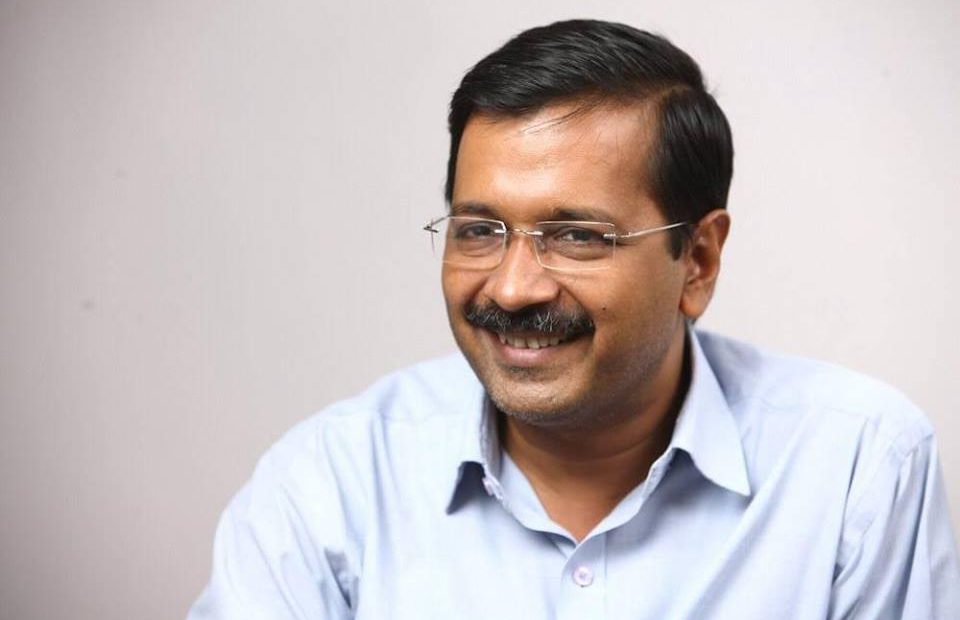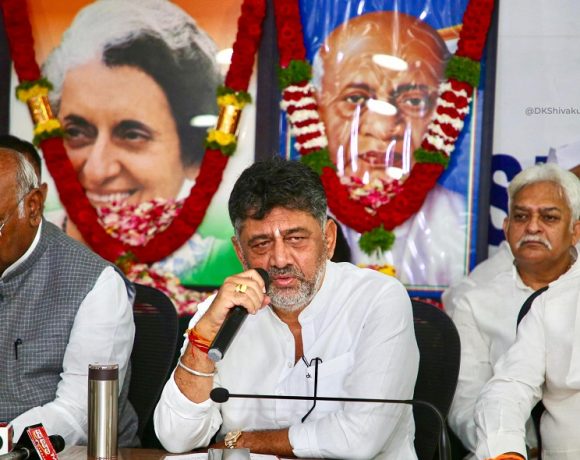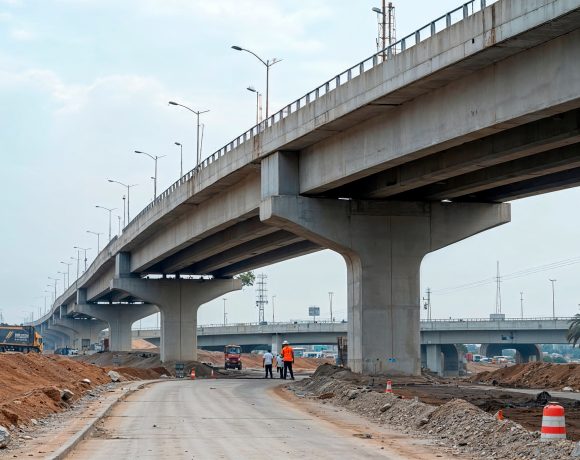
MHA Approves Prosecution of Arvind Kejriwal in Excise Policy Case
The Ministry of Home Affairs (MHA) has granted the Enforcement Directorate (ED) approval to prosecute Delhi Chief Minister Arvind Kejriwal in connection with the excise policy case. This development adds a significant dimension to the ongoing investigation into alleged irregularities in the now-scrapped Delhi excise policy.
Legal Green Light for ED
The MHA’s sanction is a crucial step, enabling the ED to formally proceed with legal action against Kejriwal. This decision follows the agency’s claims of financial mismanagement and potential laundering linked to the policy. The case has been a contentious issue, sparking political debates and accusations between rival parties.
The excise policy under scrutiny was initially introduced to increase state revenues and regulate the liquor trade. However, allegations of corruption and undue benefits granted to private players led to its withdrawal, triggering a full-scale investigation.
Political and Legal Implications
This move is expected to escalate tensions between the ruling Delhi government and the central administration. Kejriwal and his party have consistently denied any wrongdoing, calling the allegations politically motivated.
The approval to prosecute also casts a spotlight on the broader implications for governance in Delhi, as the state and central governments have frequently clashed over administrative and policy issues.
Case Background
The ED has alleged that financial transactions tied to the excise policy violated provisions of the Prevention of Money Laundering Act (PMLA). Several individuals and entities have already faced investigation, and the addition of Kejriwal to the case marks a significant turn in the legal process.
Observers anticipate that the case will have far-reaching consequences, not just for Kejriwal but for the political dynamics in Delhi and beyond. As the investigation progresses, all eyes are on the ED’s next steps and how the Delhi government responds to this mounting legal pressure.


















